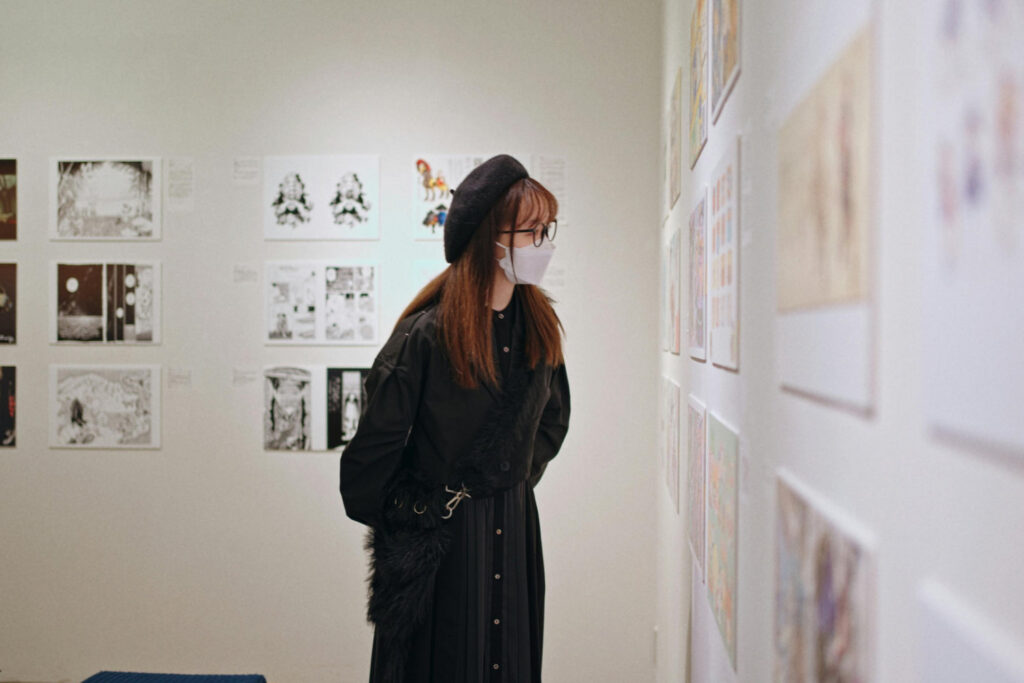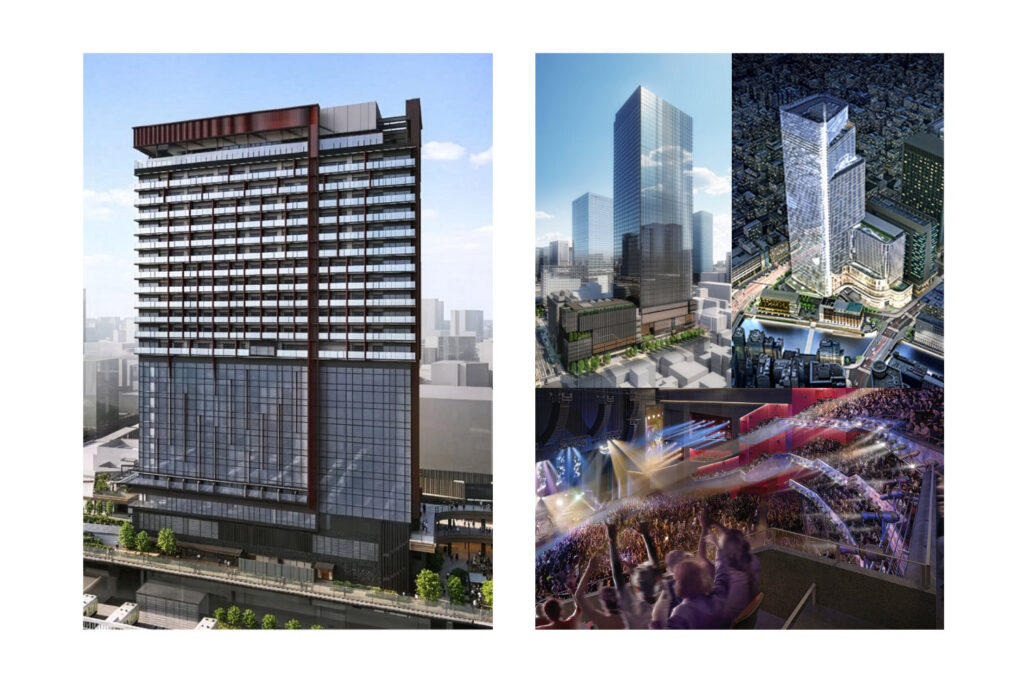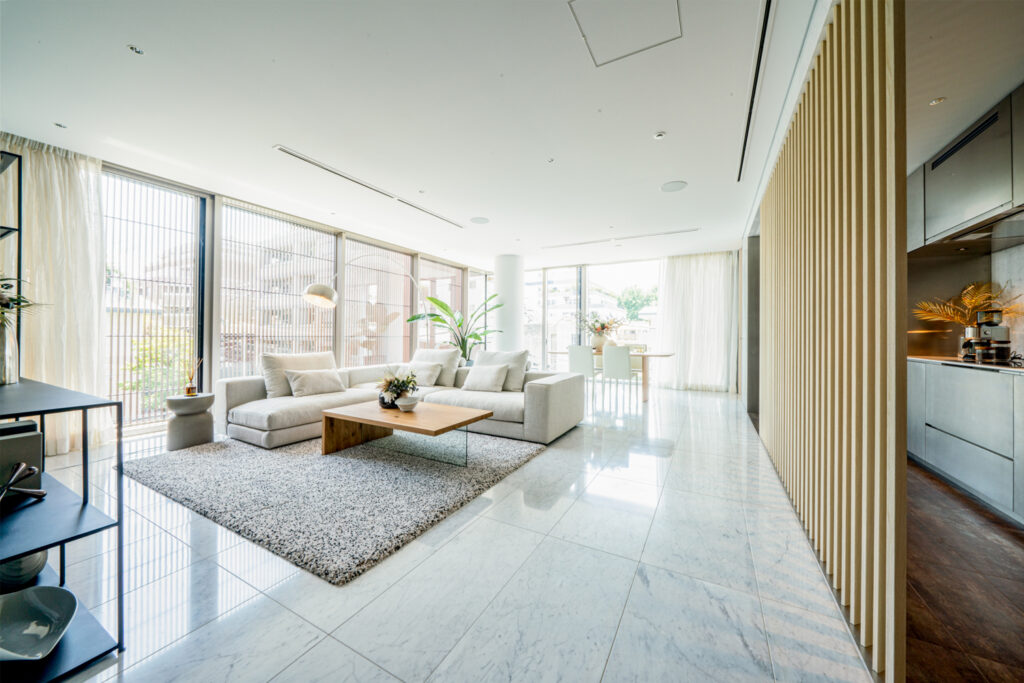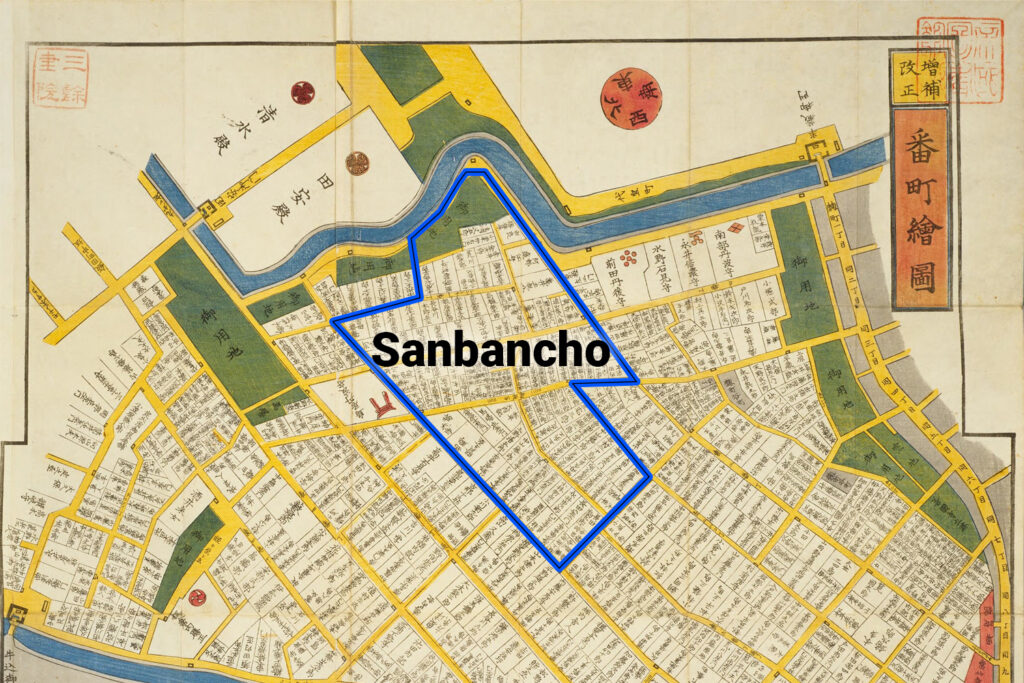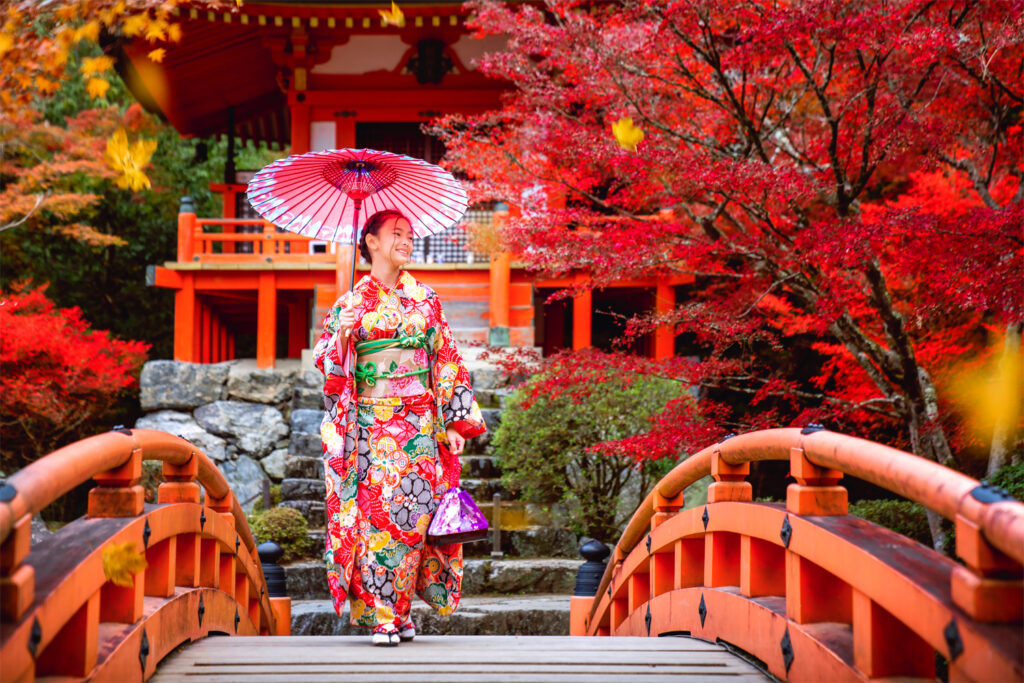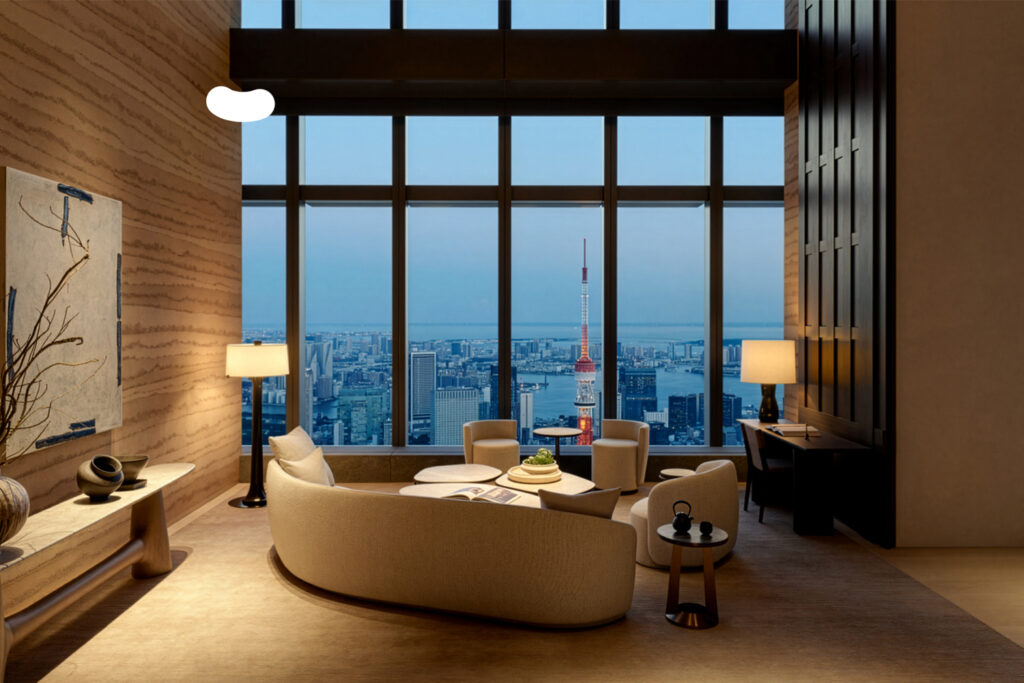
Tokyo stands as one of the world’s gaming capitals, home to legendary companies that have shaped the industry for decades. From Square Enix’s epic RPGs to Nintendo’s beloved franchises, the city pulses with creative energy. This energy reaches its peak during events like Tokyo Game Show 2025, which took place on September 25-28 2025 at Makuhari Messe in Chiba, it was the largest TGS in history with its theme “Unlimited, Neverending Playground.”
In recent years, Japan’s games industry has been experiencing strong growth. In 2024 the market was valued at USD 26.3 billion, and analysts expect it to more than double to about USD 60.5 billion by 2033, reflecting a compound annual growth rate (CAGR) of ≈ 9.7% from 2025–2033. Additionally, Japan’s PC games segment alone has nearly tripled in size since 2019, rising from roughly USD 560 million to USD 1.61 billion in 2023.
Souces: OpenPR+1 + Game World Observer
But where do the talented developers behind these games choose to live? Understanding Tokyo’s gaming geography reveals neighborhoods that could appeal to industry professionals seeking the perfect balance of career convenience and quality of life, especially during major industry events that bring the global gaming community together.
Accommodation in Tokyo for Tokyo Game Show 2025
For visitors attending expos such as Tokyo Game Show 2025, finding suitable accommodation in central Tokyo can enhance the overall experience. Ken’s Place offers a great option for short-term stays in central Tokyo, providing new furnished apartments in excellent locations. These accommodations could be particularly valuable for international developers, press, and industry professionals who need comfortable, well-located housing during the four-day event and surrounding business activities.
Major Gaming Studios and Their Locations

The gaming industry’s presence across Tokyo creates multiple hubs of opportunity. Square Enix maintains its headquarters in Shinjuku, one of Tokyo’s busiest commercial districts. Konami has established multiple locations throughout the city, with offices in prestigious Ginza and modern developments in Chuo ward’s Harumi district, plus facilities in Shinagawa.
Bandai Namco Holdings operates from Minato ward’s Shiba area, while Sega Sammy has positioned itself in Shinagawa’s Nishi-Shinagawa district. Nintendo maintains its Tokyo branch operations in Chiyoda ward’s Kanda area, complementing their Kyoto headquarters.
These strategic locations across Tokyo’s central wards create a network of opportunities, with each area offering its own character and advantages for gaming professionals. During major industry events like Tokyo Game Show 2025, these locations become even more valuable as they provide convenient access to both office headquarters for business meetings and transport links to event venues like Makuhari Messe.
Residential Areas That Could Appeal to Game Developers
Minato Ward – Top Earners with Families

Senior workers, leads and executives with families could gravitate toward Minato Ward. This exclusive central area of Tokyo houses many international residents and offers some of Tokyo’s finest amenities. Neighborhoods like Azabu-Juban and Moto-Azabu offer a safe, residential feel with excellent connections, making them a potential great choice for senior developers.
The area features larger apartments, luxury housing options, reputable international schools, and numerous parks and shrines while maintaining a central Tokyo location. Minato ward’s appeal could extend to international developers who appreciate world-class amenities, as the area caters well to foreign residents with families.
Meguro Ward – The Developer’s Choice

Meguro’s convenient location and residential atmosphere make it an appealing choice for tech professionals. The neighborhood offers the perfect balance: close enough to major studios for easy commuting, yet residential enough to escape the office atmosphere. The area around Meguro Station particularly appeals to mid-career developers who can afford the higher rents.
The neighborhood’s appeal goes beyond location. Meguro’s mix of quiet residential streets and trendy dining spots creates an environment where creative professionals could thrive. The ward’s proximity to both Shibuya and Shinagawa makes it strategically positioned for accessing multiple gaming company locations.
Nakameguro – Creative Community
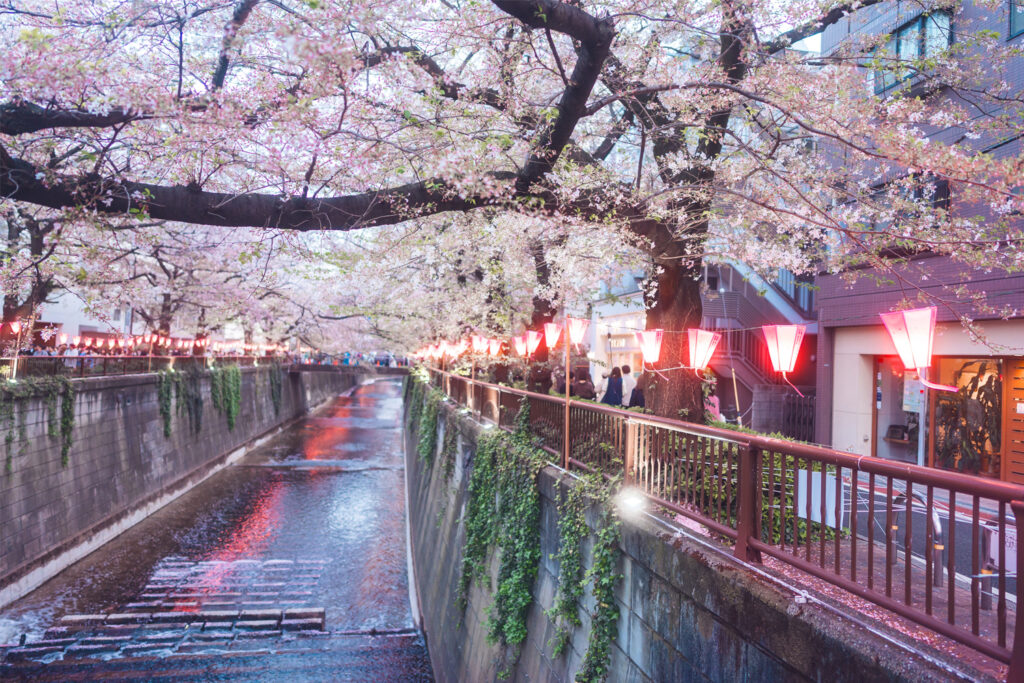
Just one station from Meguro, Nakameguro has developed its own reputation as a creative haven. The canal-side cherry trees might draw tourists, but tech workers could love the area’s boutique coffee shops, craft beer bars, and relaxed atmosphere. Many indie game developers and freelance artists could find Nakameguro a great choice thanks to its inspiring environment.
The neighborhood’s converted warehouse spaces now house creative studios and coworking facilities, making it possible to live and work in the same area. This setup could particularly appeal to independent developers and small studios who value community over corporate amenities.
Shibuya Residential Areas – Steps from the Action
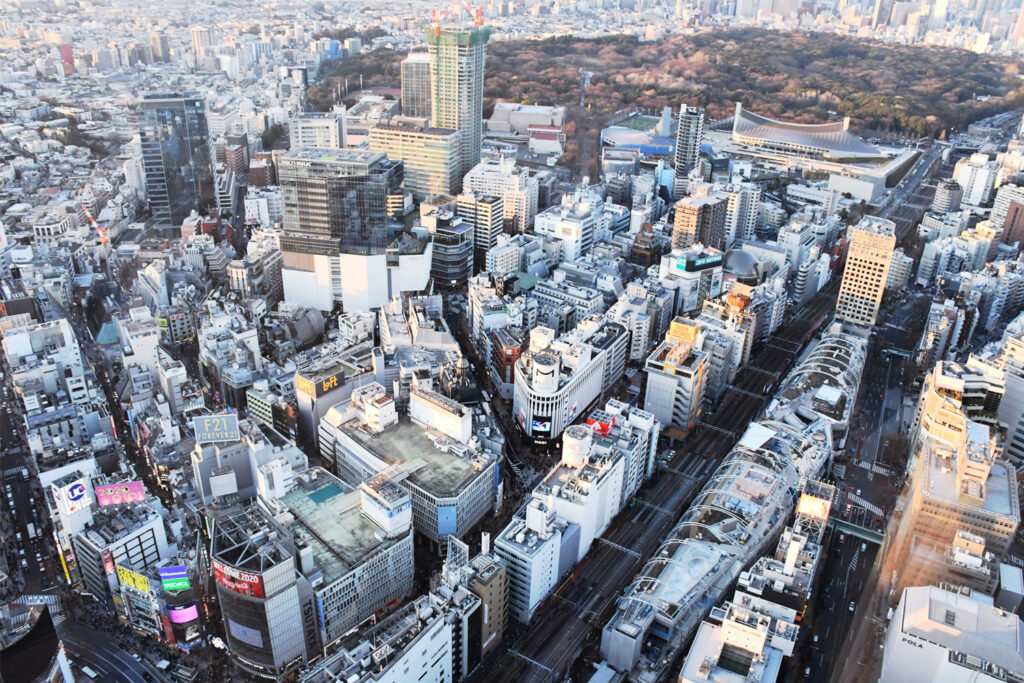
While Shibuya’s center buzzes with activity, residential pockets like Daikanyama offer surprisingly peaceful living just minutes from major studios. These upscale neighborhoods could attract developers and creative directors who want minimal commutes without sacrificing quality of life.
Living in Shibuya could mean being at the center of Tokyo’s tech and entertainment crossroads. Residents can walk to industry events, networking meetups, and the countless venues where Tokyo’s digital culture thrives. During events such as Tokyo Game Show 2025, Shibuya’s excellent transport links to Chiba make it particularly convenient for developers who need to shuttle between their offices and the convention venue throughout the four-day event.
Shinjuku Residential Areas – Corporate Convenience
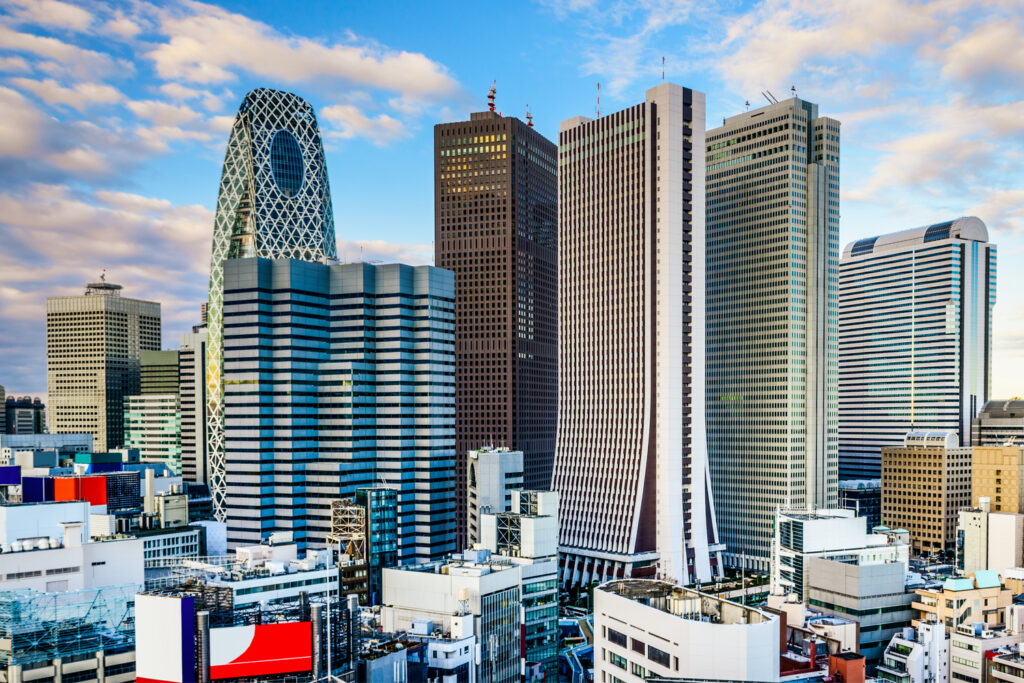
With Square Enix headquartered in Shinjuku, residential areas within this ward could appeal to employees seeking ultra-short commutes. Neighborhoods like Yotsuya and Ichigaya offer more residential character while maintaining excellent transport links to other gaming companies across the city.
Chiyoda and Chuo – Central Convenience
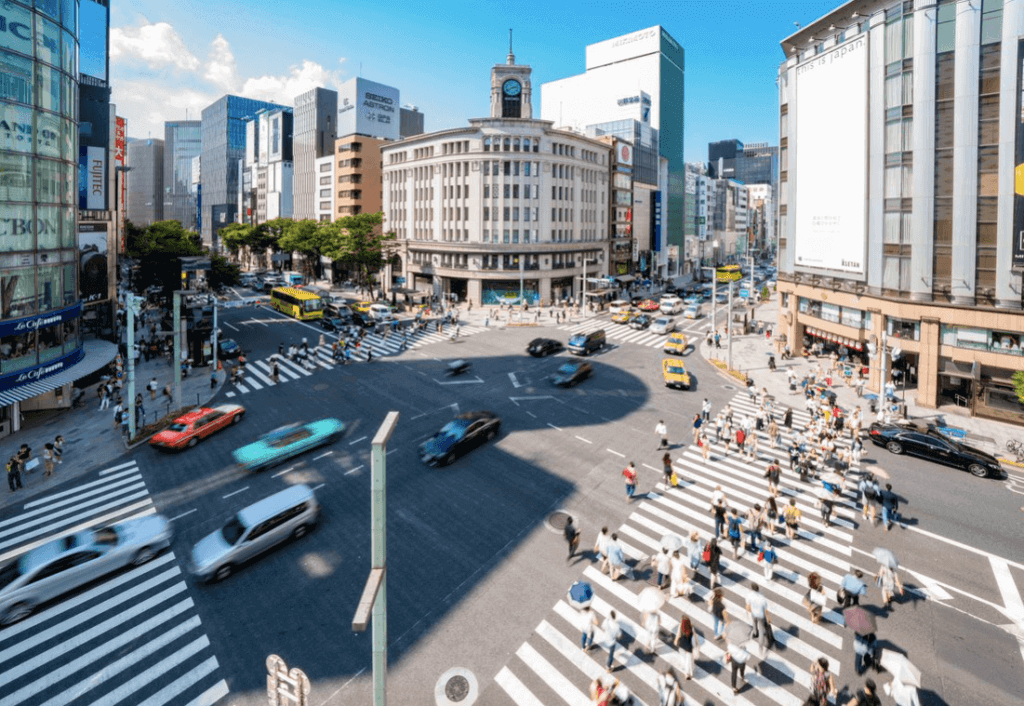
Nintendo’s Tokyo branch location in Chiyoda and Konami’s multiple Ginza offices create opportunities in these central areas. While these wards trend toward commercial use, residential pockets could attract developers who prioritize central locations and excellent transport connectivity.
Community Amenities That Appeal to Tech Workers
High-Speed Connectivity
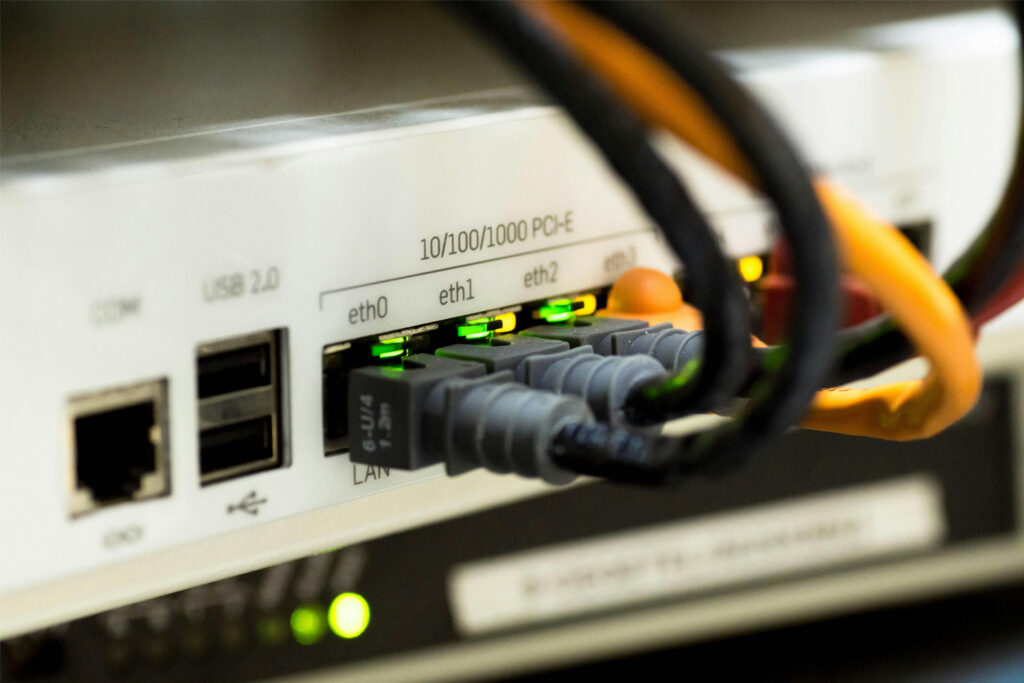
Every neighborhood popular with developers shares one critical feature: exceptional internet infrastructure. Areas like Meguro and Shibuya offer multiple fiber optic providers, ensuring the gigabit speeds essential for working with large game files and assets. Many newer apartment buildings include fiber connections as standard, recognizing their importance to tech-savvy residents.
International Dining and Shopping
The global nature of gaming means diverse tastes and dietary needs. Popular developer neighborhoods typically feature international supermarkets, restaurants serving cuisine from around the world, and shops stocking imported goods. National Azabu in Minato and organic markets have become particularly popular among health-conscious tech workers.
24/7 Convenience
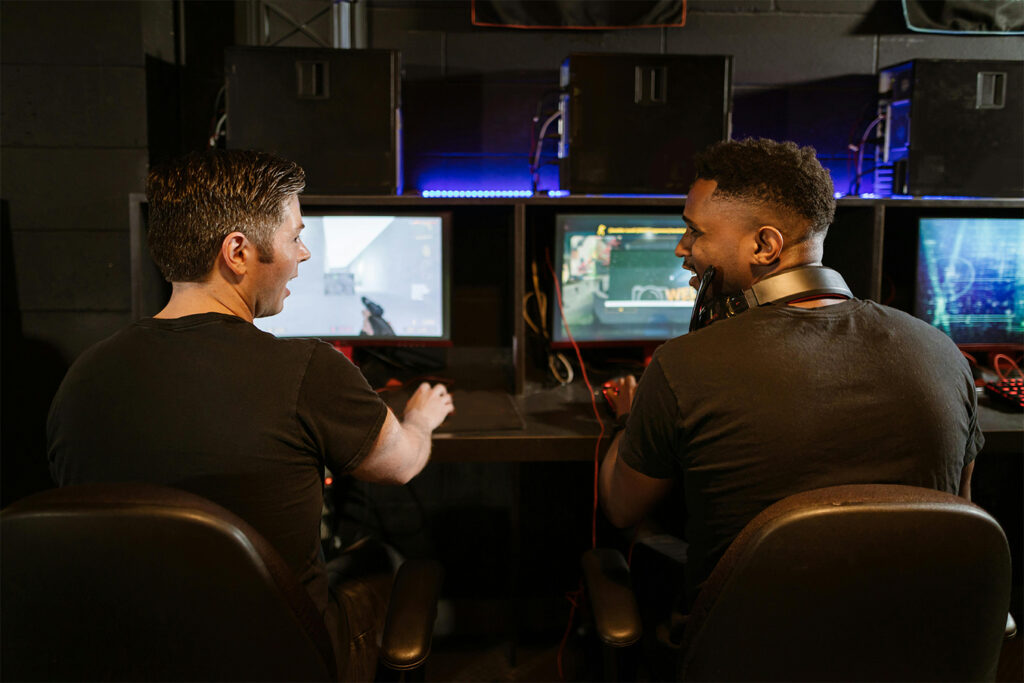
Game development often involves irregular hours, especially during crucial development phases. Neighborhoods that could appeal to developers feature 24-hour convenience stores, late-night dining options, and services that accommodate non-traditional schedules.
Coworking Spaces and Creative Hubs
Tokyo’s gaming professionals have access to a wide variety of coworking options throughout the city. Major international chains like WeWork and Spaces by Regus operate multiple locations across Tokyo’s business districts, offering flexible workspace solutions that could appeal to indie developers, freelancers, and small studios.
These coworking spaces typically provide essential amenities like high-speed internet, meeting rooms, and professional environments suitable for client calls and collaboration. Some locations even offer 24/7 access, which could be particularly valuable for game developers working on international projects or dealing with tight deadlines.
During major industry events like Tokyo Game Show 2025, coworking spaces across the city could serve as informal gathering points for international developers and industry professionals, offering neutral meeting areas for business discussions and networking opportunities that extend beyond the convention floor.
Some specialized creative spaces in Tokyo cater specifically to digital creators and may offer unique equipment or facilities, though developers should research specific locations to understand what amenities are available. The key advantage of Tokyo’s coworking ecosystem is its diversity, from shared desks to premium private offices in prestigious business districts.
Transportation Considerations
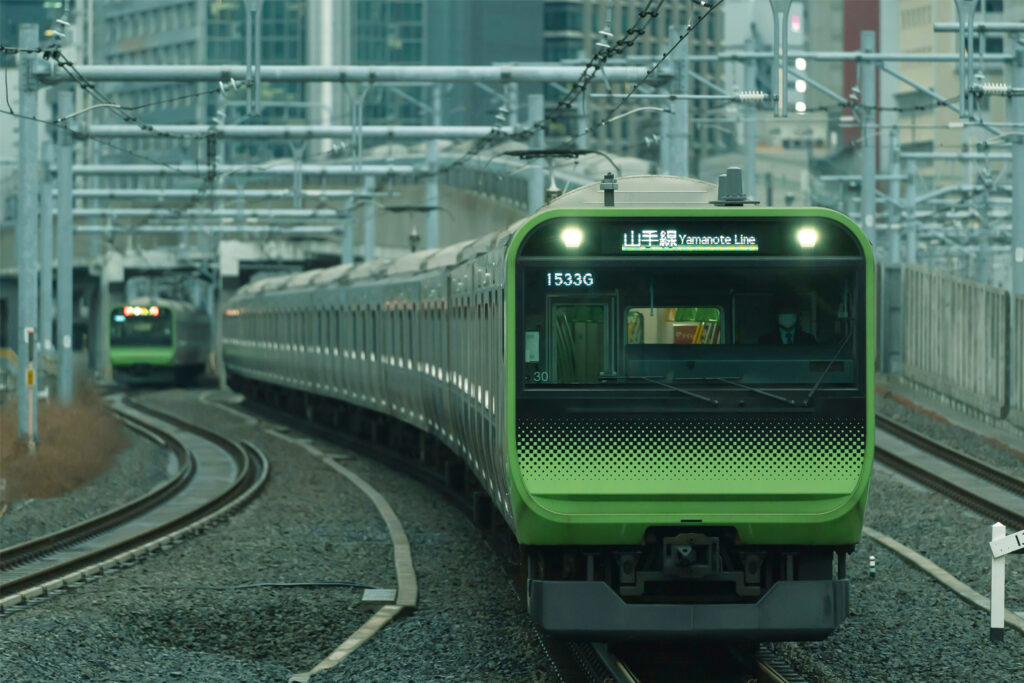
The Yamanote Line Advantage
Most gaming professionals could prioritize access to the Yamanote Line, Tokyo’s circular train route connecting major business districts. Living near stations like Meguro, Shibuya, or Shinjuku means easy access to most gaming companies without transfers. This convenience becomes crucial during development crunches when every minute counts.
Cross-City Connectivity
The distribution of major gaming companies across different wards means that neighborhoods with excellent transport links to multiple areas could offer maximum career flexibility. Areas served by multiple train lines provide options for career moves without requiring relocation.
Access to Chiba, where Makuhari Messe hosts Tokyo Game Show, also becomes a consideration for gaming professionals. The JR Keiyo Line provides direct access from Tokyo Station, while the JR Musashino Line connects through Nishi-Funabashi. Neighborhoods with good connections to these transport arteries could appeal to developers who regularly attend industry events.
Investment and Rental Opportunities

Rising Property Values
Tokyo’s central areas with good transport links and amenities could see continued interest from gaming professionals. The gaming industry’s presence in Tokyo creates demand for housing in convenient locations, though specific market trends vary by neighborhood and timeframe.
Rental Yields for Investors
Properties in neighborhoods convenient to gaming companies could appeal to investors, especially for units suited to young professionals. The gaming industry’s established presence in Tokyo provides a consistent pool of potential tenants, though rental yields and occupancy rates depend on various market factors.
Future Development Areas
With major developments underway in areas like Takanawa Gateway, Hamamatsucho and continued investment in Shibuya’s infrastructure, new opportunities are emerging for those looking to invest in areas that could attract gaming professionals. Understanding where new studios might open offices and where infrastructure improvements are planned could provide insight into tomorrow’s hottest gaming neighborhoods.
The gaming industry’s continued growth in Tokyo suggests that neighborhoods offering the right combination of convenience, amenities, and community could see increased interest from industry professionals. As remote and hybrid work arrangements become more common, areas that balance residential comfort with professional connectivity are likely to become even more attractive to Tokyo’s gaming workforce.
Conclusion
Tokyo Game Show 2025‘s record-breaking scale, featured hundreds of exhibitors including major names like Sony, Square Enix, Capcom, and Sega, demonstrates the industry’s robust health and continued expansion. This growth reinforces Tokyo’s position as a global gaming capital, where talented developers from around the world come to create the next generation of interactive entertainment. The neighborhoods explored in this guide represent more than just places to live, they’re potential launching pads for gaming careers, offering the infrastructure, community, and lifestyle that creative professionals need to thrive.
For gaming industry professionals considering Tokyo as their home base, the key lies in finding the right balance between career accessibility, lifestyle preferences, and budget considerations. Whether you’re drawn to Meguro’s residential charm, Shibuya’s energetic tech scene, or Minato’s international amenities, each neighborhood offers unique advantages for different stages of a gaming career. Organizations like Housing Japan can provide valuable guidance in navigating Tokyo’s complex real estate landscape, helping gaming professionals find properties that align with both their professional ambitions and personal lifestyle goals in one of the world’s most dynamic gaming cities.
Looking to find a property in Tokyo? Housing Japan specializes in helping international clients find homes and investment properties in central Tokyo. Contact us to explore available properties in these neighborhoods.
Contact Us
Housing Japan
7F BPR Place Kamiyacho, 1-11-9 Azabudai, Minato-ku, Tokyo, Japan 106-0041

